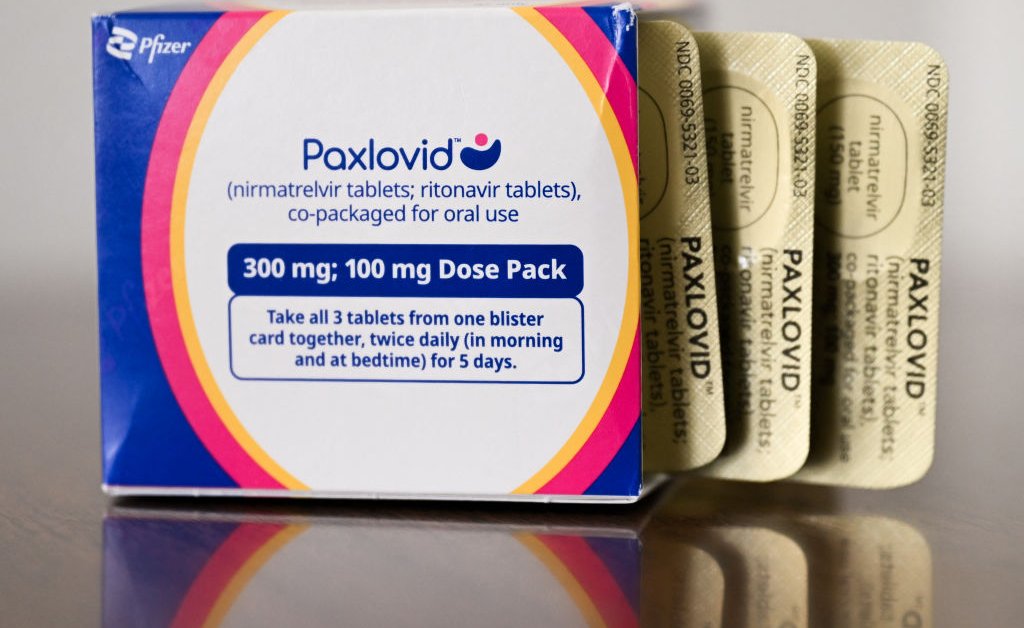
Two new research counsel that stem-cell therapies could also be getting nearer to turning into extensively obtainable for Parkinson’s sufferers.
pocketlight/iStockphoto/Getty Photographs
disguise caption
toggle caption
pocketlight/iStockphoto/Getty Photographs
Sufferers affected by Parkinson’s illness might quickly profit from a robust therapy possibility: stem-cell transplants.
In a pair of small research designed primarily to check security, two groups of researchers discovered that stem cells transplanted into the brains of Parkinson’s sufferers started producing the chemical messenger dopamine and appeared to ease signs like tremor, researchers reported within the journal Nature.
The outcomes point out that “now now we have the potential to actually, actually halt this illness in its tracks,” says Dr. Mya Schiess, a neurology professor at UTHealth Houston who was not concerned in both examine.
The Meals and Drug Administration has cleared one of many stem-cell therapies for a Part 3 examine, the final hurdle earlier than approval.
About 1 million individuals in the US live with Parkinson’s, a mind illness that assaults neurons that make dopamine. As these neurons die, sufferers can develop a variety of disabling signs, together with tremor, rigidity, fatigue, issue strolling and cognitive issues.
Stem cells are immature cells that may become many alternative cell varieties — together with neurons that make dopamine.
Constructive outcomes
One of many new research concerned 12 individuals within the U.S. and Canada residing with Parkinson’s.
Surgeons administered both a low or excessive dose of a stem-cell product from BlueRock Therapeutics, a subsidiary of biotech and pharmaceutical big Bayer. The therapy was derived from human embryonic stem cells, which researchers had coaxed into turning into immature mind cells known as neuron progenitors.
Throughout surgical procedure, these cells had been injected right into a construction on all sides of the mind that is concerned in motion.
“The thought is to position these neuron progenitors proper the place you want them to attach with different neurons within the mind,” says Dr. Viviane Tabar, a stem-cell scientist and chair of neurosurgery at Memorial Sloan Kettering Most cancers Heart.
Tabar can also be a founding investigator at BlueRock.
PET scans taken 18 months later confirmed that the transplanted cells had been producing dopamine. An evaluation utilizing a normal ranking scale of Parkinson’s development urged the therapy was additionally easing signs.
For a typical Parkinson’s affected person, “you’ll anticipate yearly to get two to 3 factors worse,” says Dr. Lorenz Studer, who directs the Heart for Stem Cell Biology on the Sloan Kettering Institute in New York and is a scientific adviser to BlueRock.
Members in Studer’s examine had a really totally different expertise: “The high-dose group, they obtained about 20 factors higher.”
The low-dose group additionally appeared to profit, however not as a lot.
A second examine by researchers in Kyoto, Japan, used induced pluripotent stem cells, that are derived from a affected person’s personal cells, relatively than an embryo.
Seven sufferers had the cells injected into either side of their brains. As within the U.S. and Canadian examine, the transplanted cells produced dopamine and the sufferers appeared to see their signs lower.
No affected person in both examine skilled a severe hostile occasion.
Very long time coming
The obvious success comes after a long time of frustration making an attempt to switch the mind cells killed off by Parkinson’s.
Beginning within the Eighties, scientists started transplanting fetal tissue into individuals with Parkinson’s. However the efforts produced uneven outcomes and generally troubling unwanted side effects like uncontrolled motion.
Stem cells promised higher outcomes. However the know-how advanced slowly.
Studer’s crew, for instance, started stem cells to deal with mind illnesses greater than 25 years in the past.
“For us, it is fairly an thrilling time,” he says, “lastly seeing among the fruit of that work.”
One cause it is taken so lengthy, Studer says, is that stem cells have the potential to turn into so many alternative sorts of cells. It takes simply the correct mix of chemical substances at simply the suitable time to supply a neuron that makes dopamine, he says.
“It took us almost 10 years to determine the recipe, how you can make particularly these dopamine cells,” he says. “It took us one other 10 years to have the product that we might dare to place into sufferers.”
One other problem was creating and packaging massive numbers of stem cells that might be simply delivered to surgeons. So researchers developed strategies that allowed them to freeze stem cells till they had been wanted.
“You simply thaw them and droop them in an accredited medium” earlier than surgical procedure, Tabar says.
Now that lots of the technical hurdles have been cleared, stem cells seem poised to supply a brand new therapy possibility for Parkinson’s, and maybe different mind illnesses like epilepsy or Alzheimer’s.
“If we’re lacking neurons, we’re capable of substitute them,” Tabar says. “And the complete expectation is that these cells usually are not going to operate as cells that simply launch [a substance like] dopamine. They’ll rebuild circuitry.”
There nonetheless could also be dangers although, which suggests scientists might want to proceed monitoring the stem cells they transplant right into a affected person’s mind.
“They’ll be there for a protracted, very long time,” Schiess says. “So you need to comply with up and see if there’s tumor formation or one thing of that nature.”
Schiess additionally notes that stem cells do not remedy an underlying illness like Parkinson’s. So the brand new neurons might ultimately succumb to the identical illness course of.
Even so, she thinks they might provide new hope to many sufferers, together with those that are not responding to drug therapy.





